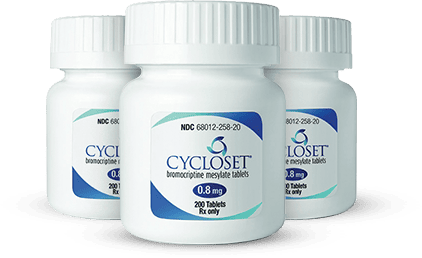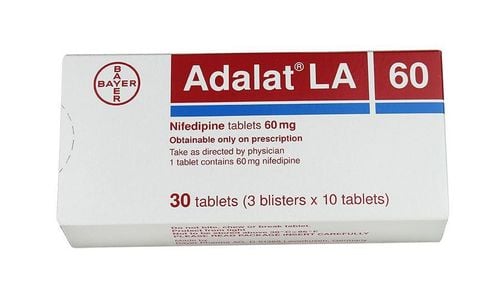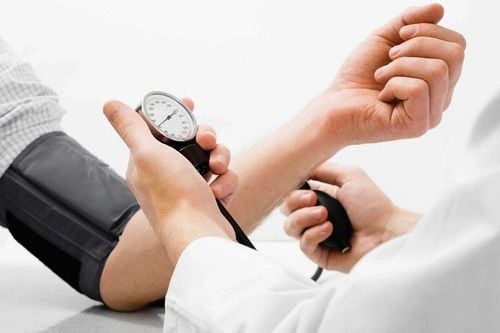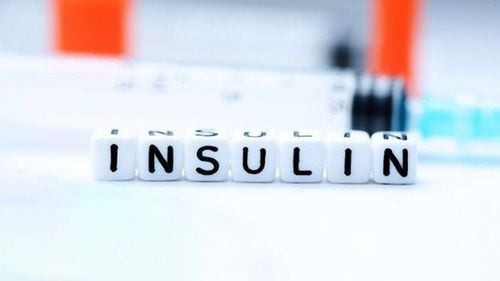This is an automatically translated article.
Cutting down on soft drink consumption every day is an effective measure in preventing the risk of type 2 diabetes.
1. Drinking a lot of soft drinks can cause diabetes?
Many studies show that drinking too much soda is closely related to diabetes. According to these studies, soda may also decrease the ability of people to control blood sugar in people who already have diabetes.
Another study also found a relationship between drinking a lot of soft drinks and diabetes: the risk of developing diabetes was 26% higher for those who consumed one or more sugary drinks per day. . Even if these people switch to artificially sweetened soft drinks or diet sugars containing sugar substitutes, there may not be a reduction in diabetes risk.
Insulin resistance is responsible for the development of type 2 diabetes. It occurs when cells get used to excess sugar in the blood and don't absorb glucose effectively, reacting less to insulin. Insulin is the hormone that unlocks cells, allowing glucose to enter. Research shows that sugary drinks contribute to the progression of insulin resistance and prediabetes - the stage before full-blown diabetes.
2. How do sugary drinks lead to diabetes?
Drinking too many sugary drinks in which drinking too many carbonated soft drinks means that the body stores excess energy in the form of fat. So drinking too much soda can contribute to the development of overweight and obesity. Research has shown that being overweight or obese is a risk factor for type 2 diabetes and other diseases.
In fact, the diabetes risk associated with high energy consumption is higher than with unhealthy fat consumption.
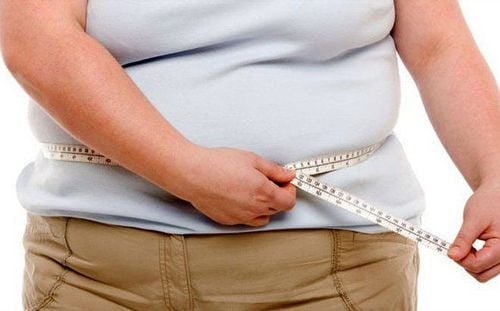
Uống quá nhiều nước ngọt có ga có liên quan đến thừa cân và béo phì
The authors have explained the following process by which high sugar levels can lead to diabetes:
Higher blood sugar levels due to more fast-digesting carbs means more insulin requirements. Long-term higher insulin requirements wear down the pancreas. This can lead to glucose intolerance from the cells. A high GI diet may directly increase insulin resistance. Since drinking too many carbonated soft drinks has an extremely high GI, it can contribute to this process. Many of the researchers' opinions also support the suggestion that high sugar intake increases obesity by increasing total energy intake. In other words, when sugary drinks add to your total daily calorie intake, the increase in calories can lead to weight gain.
Or another study also had the idea that sugary drinks directly cause type 2 diabetes. They concluded that research in this area has not been able to rule out other factors, such as obesity , and need more research.
A study investigating the relationship between sugary drinks and diabetes compared data on the sugar-sweetened soft drink consumption habits of 11,684 people with type 2 diabetes with 15,374 people without diabetes. The team found that people who consumed one or more sugary drinks per day had a higher risk of diabetes than those who drank less than one cup per month. Even when caloric intake and body mass index (BMI) were taken into account, people who drank a lot of soda still had a higher risk of type 2 diabetes.
However, the authors suggest that this association may be due to the effects on weight gain, as well as the glycemic effects of sugary drinks and rapid spikes in glucose and insulin, and cause insulin resistance.
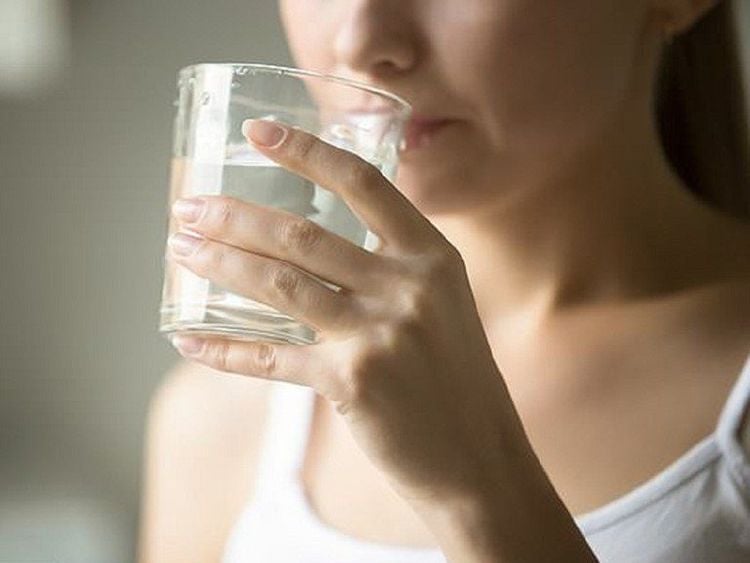
Nước uống có đường có liên quan đến nguy cơ mắc bệnh tiểu đường loại 2
3. Drinking a lot of sugar-sweetened soft drinks is good for health?
While some studies show that sugary drinks increase the risk of diabetes while diet soda does not. Some people view a low-sugar, low-sugar diet or sugar-free soft drink as a less harmful option.
Another study tracked the drinking habits of thousands of people with fizzy or artificially-sweetened soft drinks and compared those with diabetes with those without the disease. They found a link between artificially sweetened drinks and diabetes.
However, not all researchers were convinced by diet sugary soft drinks. Regular consumption of high-intensity sweeteners, says one reviewer, can have the opposite effect desired. It can lead to metabolic problems that can contribute to heart disease, type 2 diabetes, and high blood pressure.
One potential harmful effect of artificially sweetened beverages on glycemic control for people who already have diabetes is that artificial sweeteners are about 200 times sweeter than sugar. This added sweetness then tricks the brain into lowering blood sugar levels, risking hypoglycemia.
Customers who have any questions about nutrition, can leave questions in the ASK DOCTOR VINMEC section on the website. Questions will be consulted by the doctor and sent to you as soon as possible.
Please dial HOTLINE for more information or register for an appointment HERE. Download MyVinmec app to make appointments faster and to manage your bookings easily.
The article is referenced at the source: medicalnewstoday.com, nhs.uk, webmd.com



